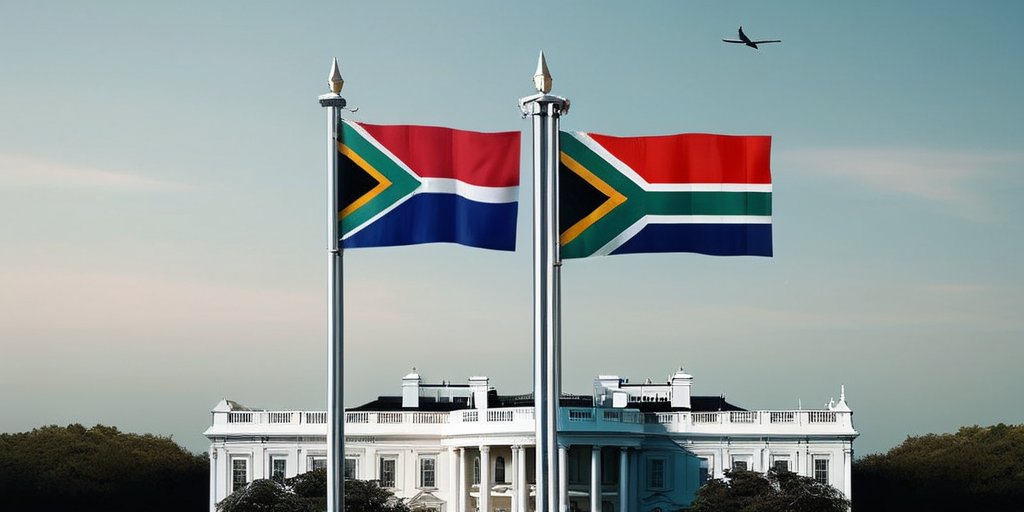The recent expulsion of South Africa’s Ambassador Ebrahim Rasool from the United States has brought to light the complexities of U.S.-South Africa relations, particularly in the context of President Donald Trump’s policies. Rasool, a seasoned politician and former anti-apartheid activist, was serving his second term as ambassador when he came under fire for comments made during a webinar discussing the implications of the Trump administration for Africa.
The U.S. government had raised concerns over South Africa’s land reform policies, alleging unfair targeting of the white minority, a claim that Pretoria vehemently rejected. The diplomatic tensions escalated after Rasool voiced his opinion on Trump’s administration, suggesting it was “mobilising a supremacism” and attempting to foster a narrative of white victimhood as demographics in the U.S. shift.
In a statement following his expulsion, Rasool expressed no regrets about his departing remarks but acknowledged the controversial nature of his diplomatic approach. U.S. Secretary of State Marco Rubio articulated the U.S. government’s disapproval, branding Rasool as a “race-baiting politician who hates America” and Trump. This response reflects Trump’s broader influence on foreign policy and how it shapes diplomatic interactions with nations like South Africa.
The expulsion was described by South African officials as “regrettable,” highlighting Rasool’s contributions before the incident. Nonetheless, there were mixed opinions within South Africa, with some officials viewing Rasool’s comments as an overstep for a diplomat. President Cyril Ramaphosa sought to downplay the incident, signaling a desire to repair relations while acknowledging the progress made under Rasool’s term.
Observers noted that Rasool’s history as an anti-apartheid activist informed his perspectives on current U.S. politics. His remarks were interpreted differently across communities, sparking debates about diplomatic freedom in expressing views on host nation policies. While some defended him as honest and academic, critics within U.S. lawmaker circles, particularly from Trump’s party, saw his statements as crossing diplomatic lines.
As discussions unfold regarding a replacement for Rasool, experts believe that navigating U.S. diplomatic expectations will remain a daunting challenge for any successor, particularly given the political dynamics instilled by the Trump administration. This incident exemplifies how Trump’s policies provoke significant diplomatic ramifications, especially in regions with longstanding histories of colonial and racial tensions.
